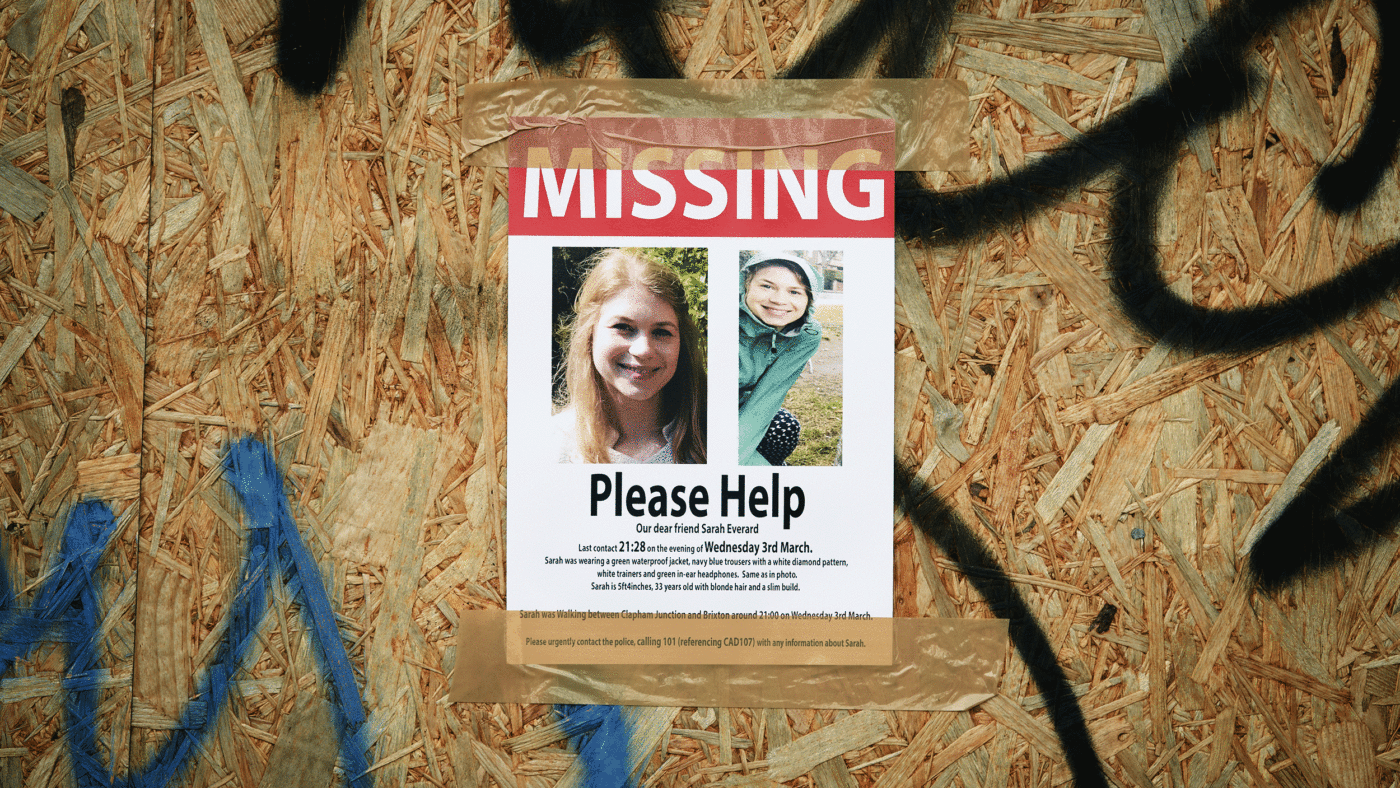This year’s International Women’s Day comes at a time when what it means to be a woman in Britain is in flux. While the House of Lords has voted to make misogyny a hate crime, Scottish proposals to enable self-identification will make womanhood the only protected characteristic that you can opt in to.
There is fractious debate over the role of contemporary feminism in every part of the UK, and you’d be forgiven for finding it hard to keep up. But one thing that has remained steadfast is the perception that women are innately unhinged, unreliable and prone to concocting false allegations.
A new book by Jessica Taylor, Sexy but Psycho: How the Patriarchy Uses Women’s Trauma Against Them, shows how that ‘crazy ex-girlfriend’ stereotype is as the root of much of the misogyny women still face today. Using academic research and contemporary accounts, she makes the case that it’s rarely the actions of men, however violent or extreme, that come under fire, but female responses to them. She argues that throughout history, women and girls have been dismissed as ‘psycho’ or ‘hysterical’ – and never more so than ‘when they disclose of or report male violence’.
Implying women are lying, unreliable witches is a common tactic, Taylor argues, used to ‘discredit and minimise the disclosures, experiences and ideas of women’. In other words, if a woman brings an allegation of assault to the table, the assumption is they’re probably making it up. Taylor argues that this perception of women is endemic in the UK’s most powerful institutions, but is particularly embedded in our criminal justice and legal systems.
It is no secret that the Metropolitan Police has been tarred, in one form or another, as inherently discriminatory. While the 1999 Macpherson Report concluded that the force was ‘institutionally racist’, on February 1 the Independent Office for Police Conduct (IOPC) published its recommendations to tackle the ‘disgraceful’ culture of misogyny, discrimination, bullying and sexual harassment revealed within the ranks of the Met. Evidence included messages from social media chat groups with multiple references to rape and violence against women, as well as racist and homophobic abuse.
In the learning report from Operation Hotton, the Independent Office for Police Conduct said, ‘We believe these incidents are not isolated or simply the behaviour of a few ‘bad apples’. The police watchdog added, ‘Our recommendations seek to tackle a range of issues, which if not addressed, can lead to the creation of environments in which unprofessional and inappropriate conduct can thrive and go unchallenged.’
It’s a vindication for the women who have campaigned to expose the culture of police misogyny in the wake of Sarah Everard’s murder last year and the subsequent maltreatment of those who attended her vigil at Clapham Common. But it’s telling that for so long accusations of a culture of misogyny at the Met were dismissed as the actions of a few ‘bad ‘uns’.
And while concern over the force’s attitude towards women is finally being seen as valid, recent developments north of the border show that women still have a long way to go before apprehensions over their safety are considered rational or justified.
Last Thursday, while speaking to Holyrood about the upcoming Gender Recognition Act reform bill, Scotland’s Social Justice Secretary Shona Robison said that ‘there is no evidence that predatory and abusive men have ever had to pretend to be anything else to carry out abusive and predatory behaviour’. The bill, if passed, will pave the way for self-identification in Scotland, threatening the security of women’s sex-based rights and spaces like hospital wards, prisons, and rape crisis centres. Robison’s remark was received by a round of applause from fellow MSPs, while activists and groups like Fair Play for Women and For Women Scotland – which work to raise awareness of these safeguarding issues – have been ignored and discredited as ‘angry, unpleasant and abusive’ for speaking out.
By suggesting that that no man has ever lied or pretended to be something they weren’t for a nefarious agenda, Shona Robison implies that, once again, it is women who are exaggerating and fuelling fear on false grounds.
Not only does this narrative gaslight victims of abuse – it is fundamentally untrue. To say that no predatory male has ever attempted to gain a position of authority to carry out abuse is quite some stretch of the imagination, and to deny that this happens at all is ignorance of the highest order. Robison must have a very short memory indeed: just one year ago, serving Met officer Wayne Couzens ‘arrested’ Sarah Everard under false pretences, before kidnapping and raping her.
This International Women’s Day – instead of infantilising campaigns to rebrand crimes or assaults on the definition of womanhood – what our institutions should be doing is listening to women and taking our concerns seriously.
Click here to subscribe to our daily briefing – the best pieces from CapX and across the web.
CapX depends on the generosity of its readers. If you value what we do, please consider making a donation.


